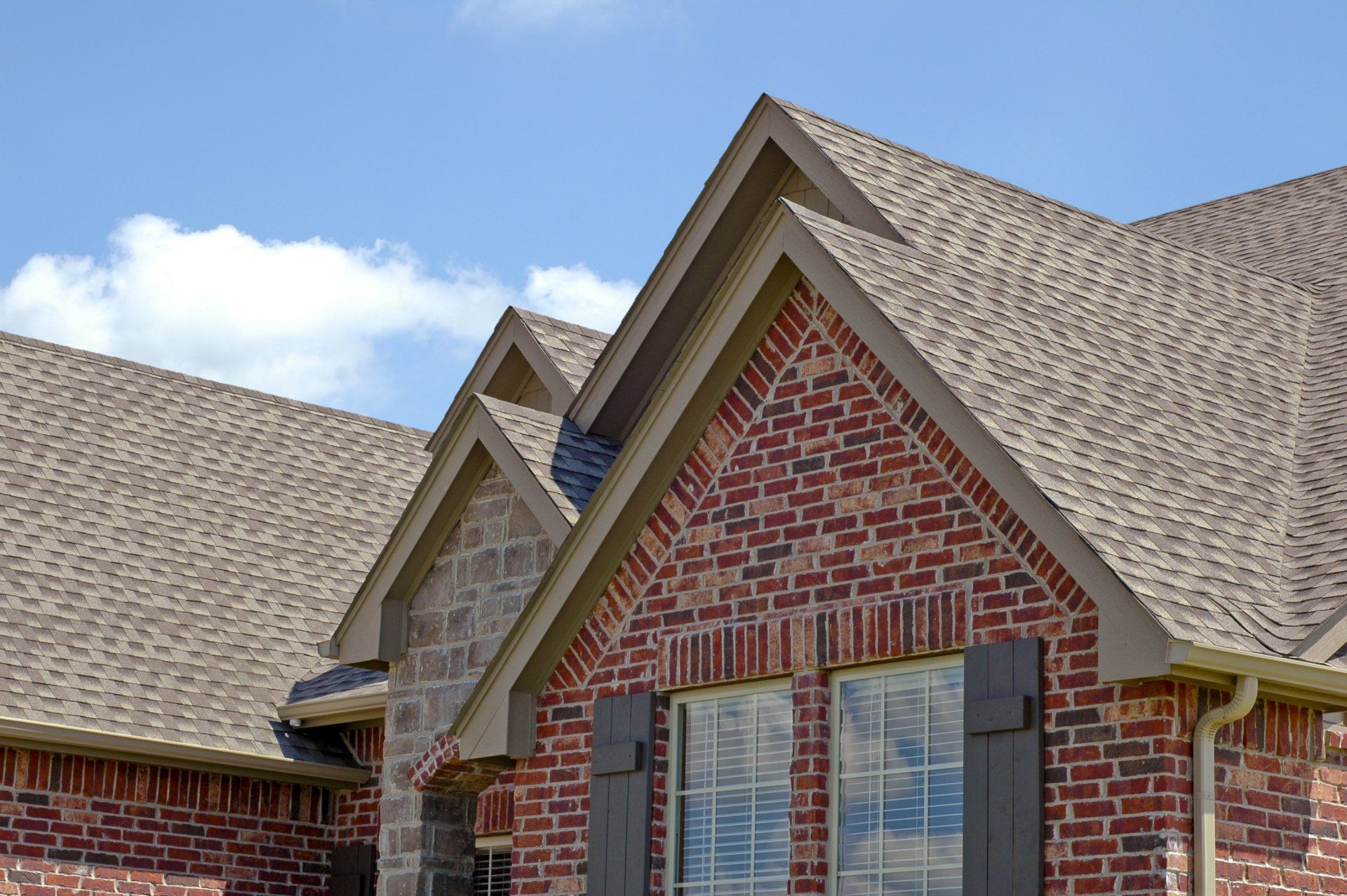Introduction
When it comes to maintaining your home or commercial property, the roof plays a pivotal role. A robust and well-maintained roof safeguards your investment, enhances curb appeal, and ensures energy efficiency. However, when the time comes for a full roof replacement, many property owners find themselves grappling with the daunting prospect of long-term costs associated with this significant endeavor. Understanding these costs is essential for making informed decisions and planning your finances accordingly.
In this article, we will delve deep into all aspects of roof replacement costs. From the immediate expenses to long-term implications and maintenance requirements, we aim to provide you with a comprehensive guide. So, buckle up as we explore everything you need to know about understanding long-term costs associated with a full roof replacement!
Understanding Long-Term Costs Associated with a Full Roof Replacement
The cost of replacing a roof is not merely what you pay upfront; it involves several factors that can have enduring financial implications. The initial price tag may be enticingly low, but hidden expenses can emerge over time if one does not account for them properly. Let's break down these costs systematically.
Types of Roofing Materials and Their Costs
Different roofing materials come with varying price points and lifespans. Here’s an overview:
| Roofing Material | Average Cost per Square Foot | Lifespan (Years) | |-------------------|------------------------------|-------------------| | Asphalt Shingles | roofers $3 - $5 | 15-30 | | Metal | $7 - $12 | 40-70 | | Tile | $10 - $18 | 50+ | | Slate | $15 - $30 | 75+ |
Choosing the right material depends not only on budget but also on factors like climate conditions, aesthetic preferences, and building regulations.
Labor Costs of Roofing Contractors
Hiring licensed roofing contractors can add to your overall cost but is often necessary for high-quality work. Here’s what you should consider:
- Experience: Certified roofing contractors may charge more due to their expertise. Location: Labor costs can vary significantly based on geographic location. Complexity: More complex roofs (e.g., those with multiple slopes) require more skilled labor.
Insurance and Warranty Considerations
When discussing long-term costs associated with a full roof replacement, one cannot overlook insurance premiums and warranties:
Insurance: A new roof may lower your homeowners' insurance premium. Warranties: Most roofing materials come with warranties ranging from 20 years to lifetime coverage.Energy Efficiency Implications
Did you know that different roofing materials can affect energy efficiency? Here's how it breaks down:
- Reflective Materials: Some materials reflect sunlight better than others. Insulation: Proper insulation can reduce heating and cooling costs significantly.
Maintenance Requirements Over Time
Regular maintenance is crucial for extending the lifespan of your new roof. This could include:
- Periodic inspections Gutter cleaning Addressing minor leaks immediately
Failing to do so could lead to higher repair costs in the future.
Emergency Roofing Services
Unexpected damage from storms or accidents necessitates emergency roofing services that can strain your budget further. It’s wise to set aside funds for such roofing contractors unforeseen circumstances.
Calculating Roof Replacement Cost Estimations
Before jumping into any project, it's essential to gather accurate estimates. Here are some key components to consider while calculating:
Roof Size: Measure your roof's square footage accurately. Material Choice: Factor in both material prices and labor fees. Additional Features: Include costs for flashing repairs or vent installation if necessary.You may want to request multiple quotes from various roofing companies to ensure you're getting the best deal possible.

Frequently Asked Questions (FAQs)
1. What is the average cost of a full roof replacement?
The average cost typically ranges between $5,000 to $15,000 depending on various factors like material choice and size.
2. How do I choose the best roofing contractors?
Look for licensed and certified contractors with positive reviews and recommendations from previous clients.
3. What should I expect during a roof inspection?
During a roof inspection, professionals will assess shingles, flashing, vents, gutters, and look for signs of leaks or wear-and-tear.
4. Are there financing options available for roof replacements?
Yes! Many contractors offer financing plans or you may qualify for home improvement loans through banks.
5. How often should I schedule maintenance for my roof?
Ideally, schedule maintenance at least twice a year—once in spring and once in fall—to catch any issues early on.
6. Can I perform my own repairs?
While minor repairs may be manageable for some homeowners, hiring professional roofing services is advisable especially for extensive damage or emergencies.
Conclusion
Understanding long-term costs associated with a full roof replacement extends beyond just the initial investment; it encompasses ongoing expenses related to maintenance, potential repairs from unforeseen circumstances like storm damage or leaks, energy efficiency savings over time, as well as considerations regarding insurance premiums influenced by your home's condition post-replacement.
By arming yourself with this knowledge along with insights about hiring reliable contractors—be they residential or commercial—you'll be well-prepared to make educated decisions that align with both current needs and future financial goals related to your property’s upkeep.
Investing wisely today means fewer worries tomorrow! The journey towards an effective and long-lasting roofing solution begins here—let's get started!